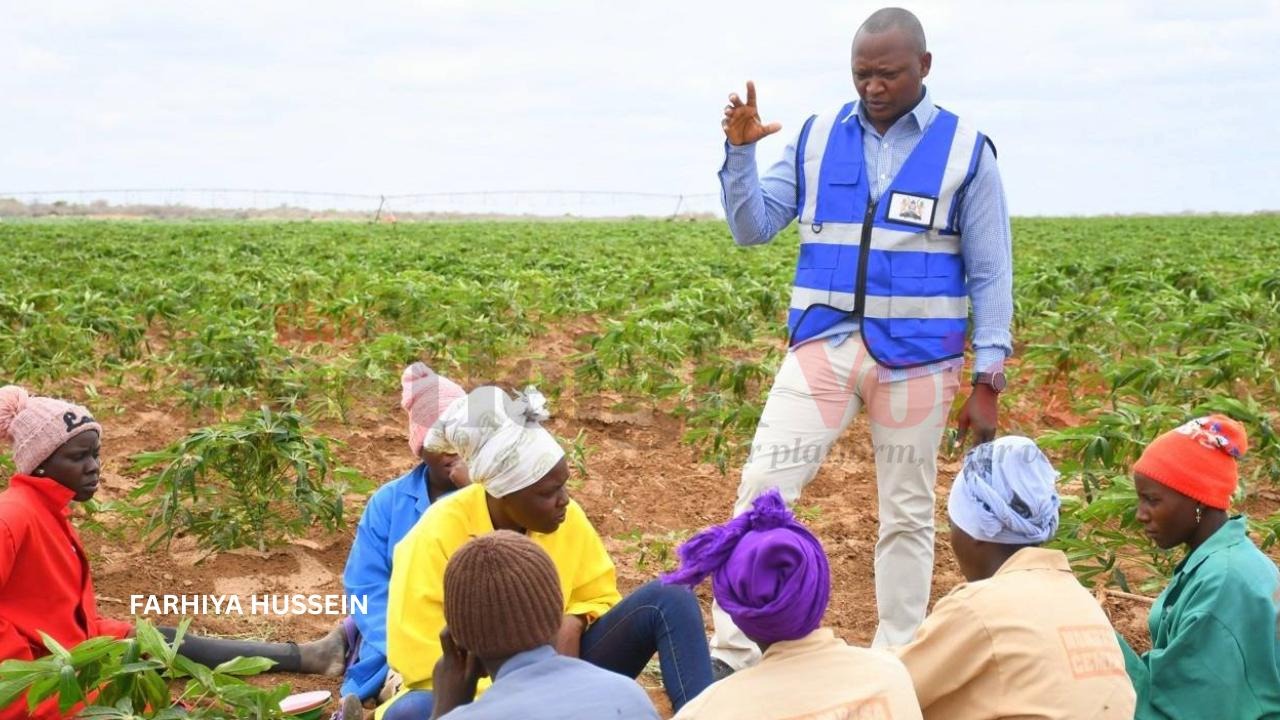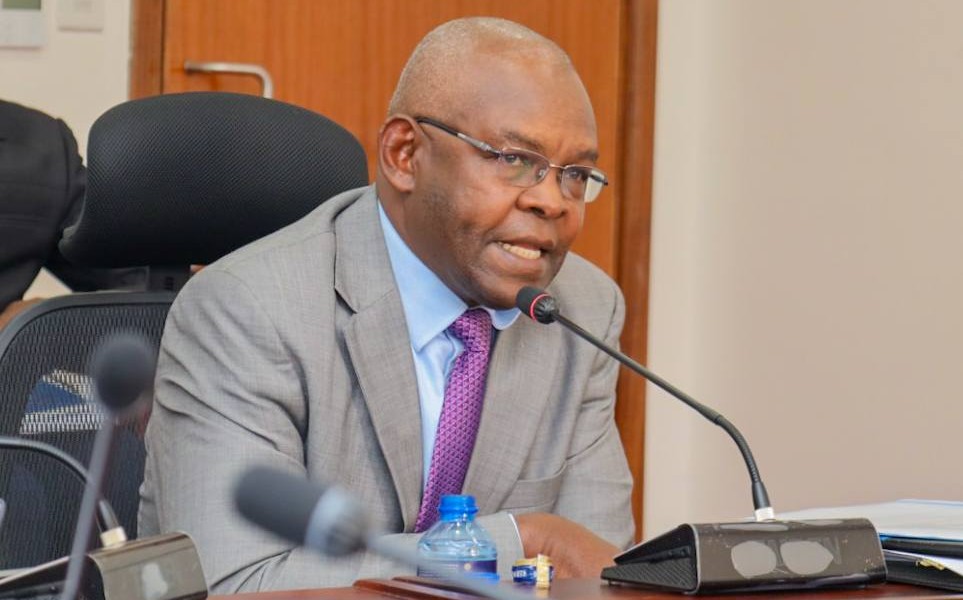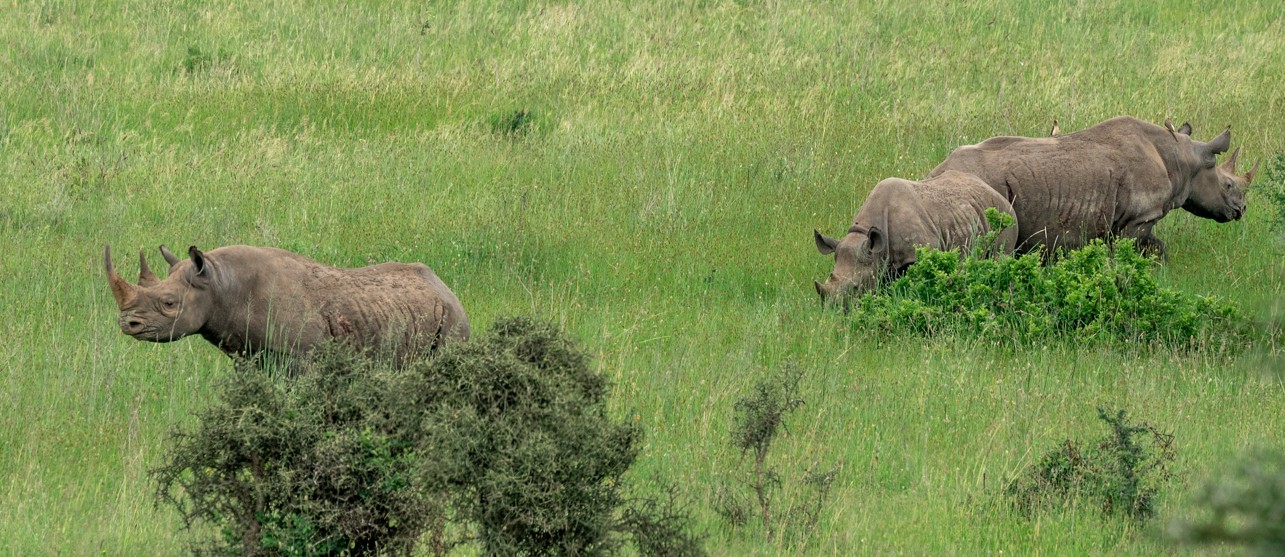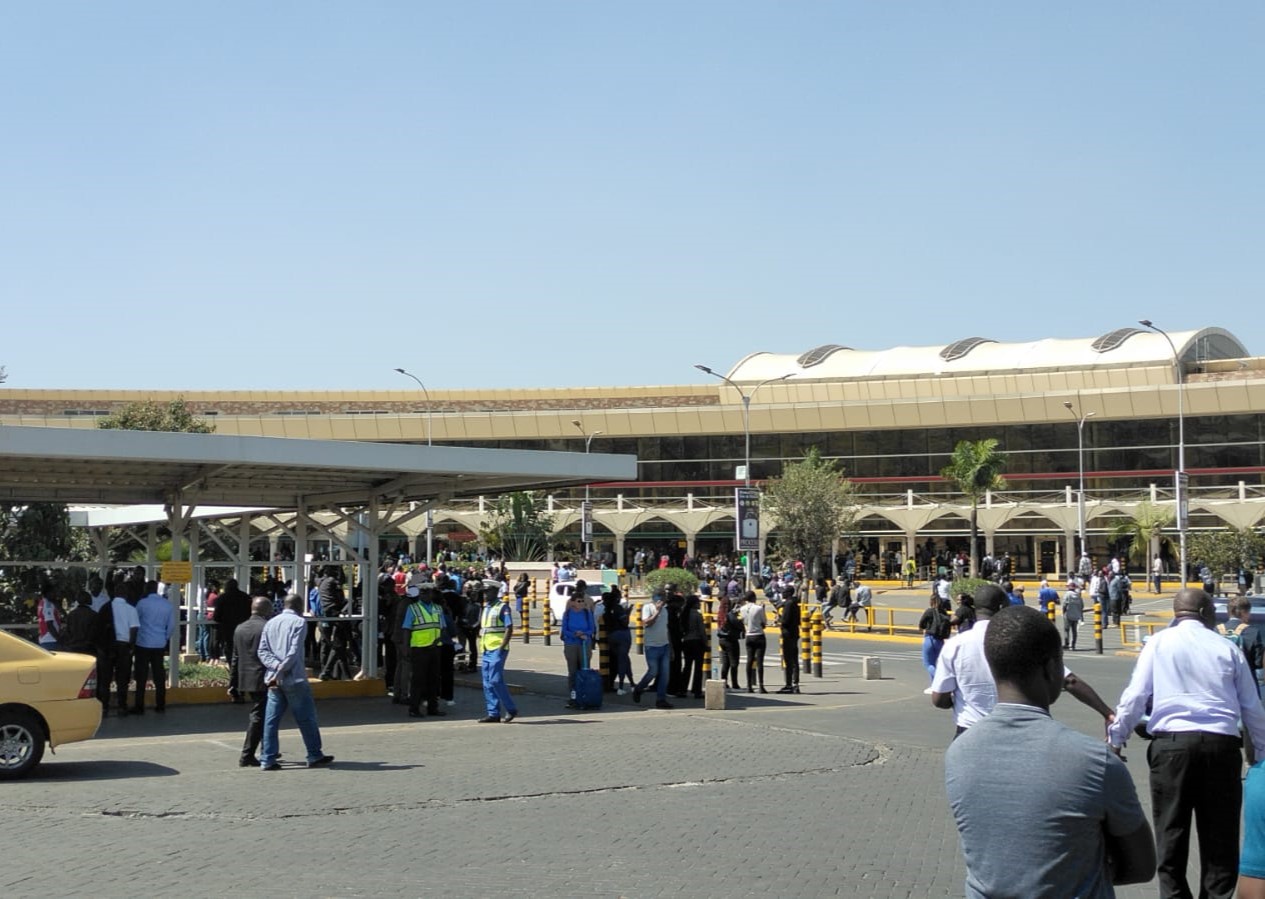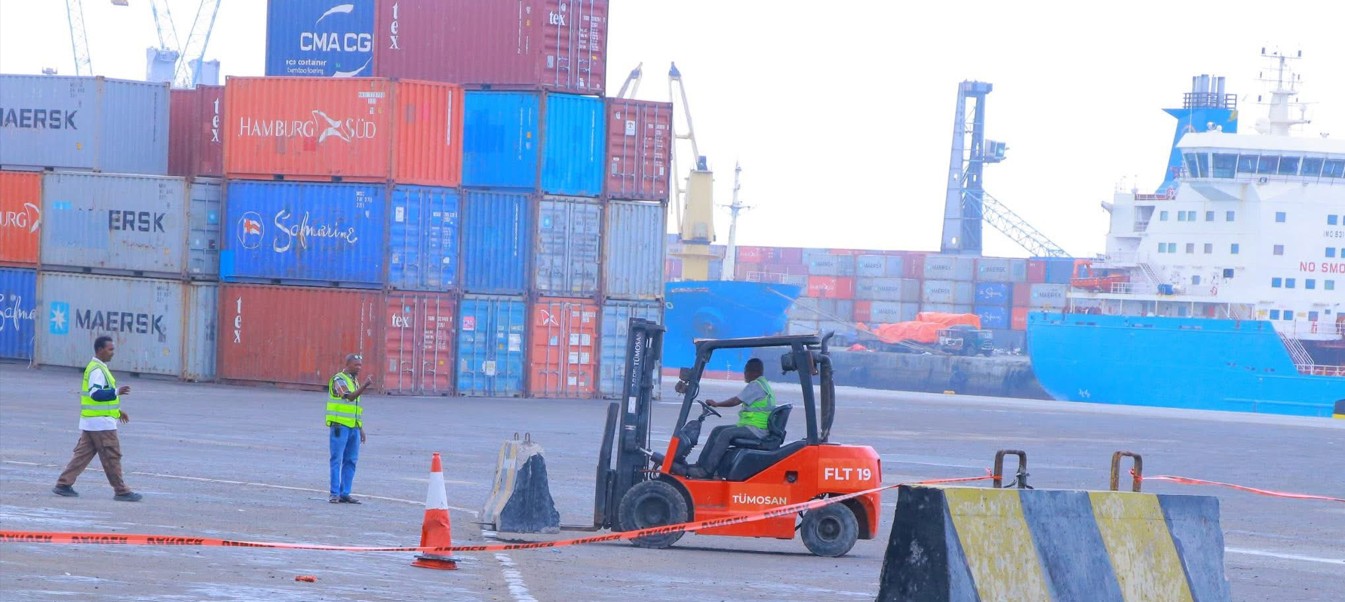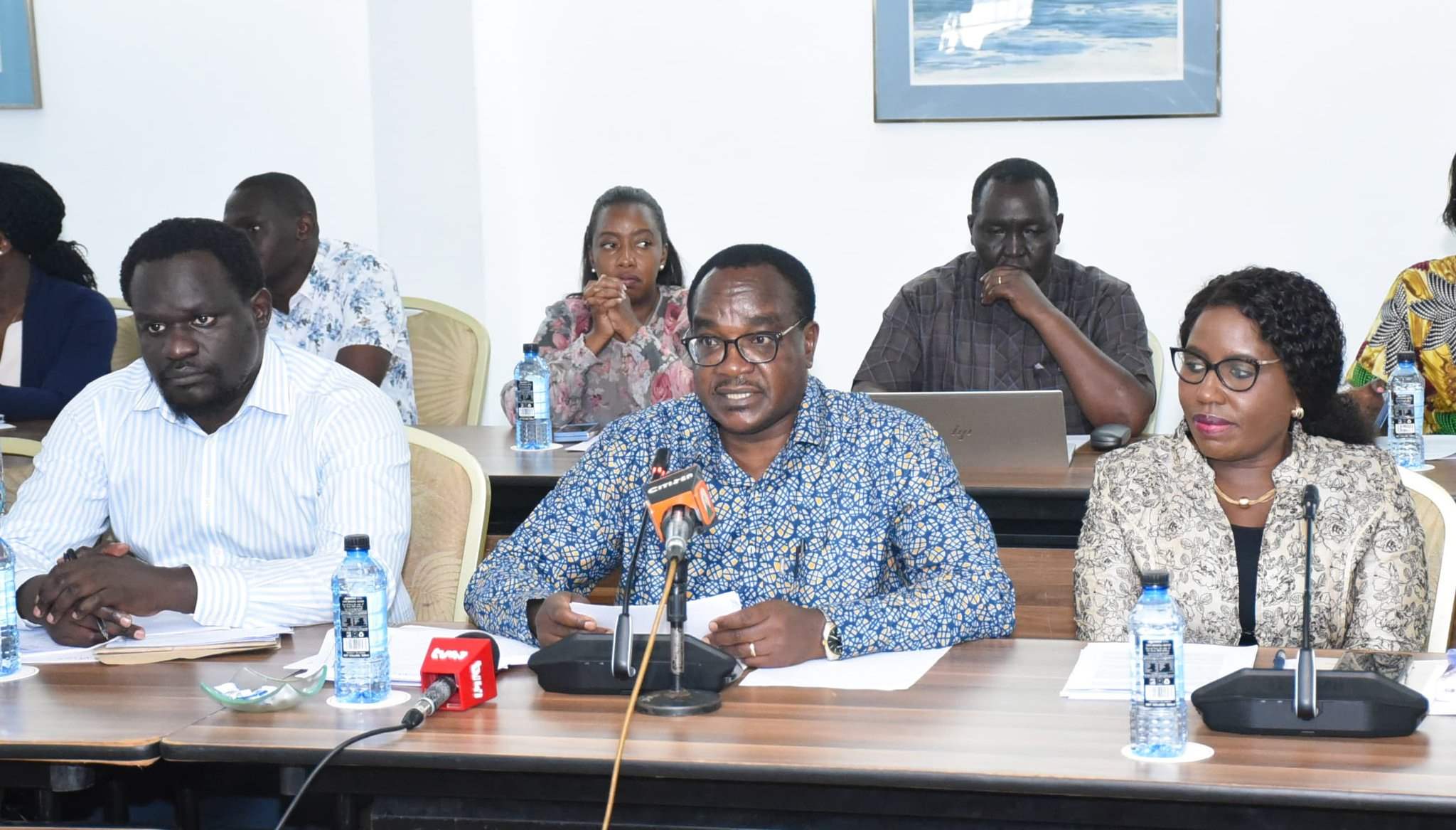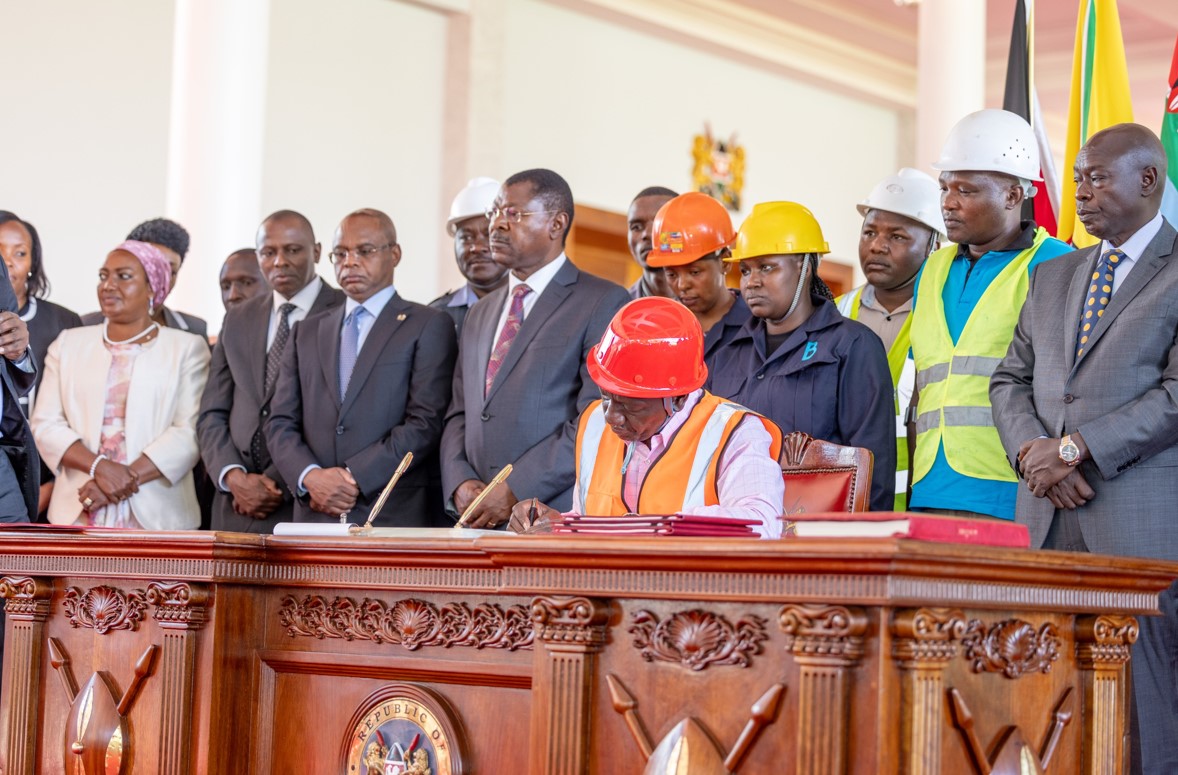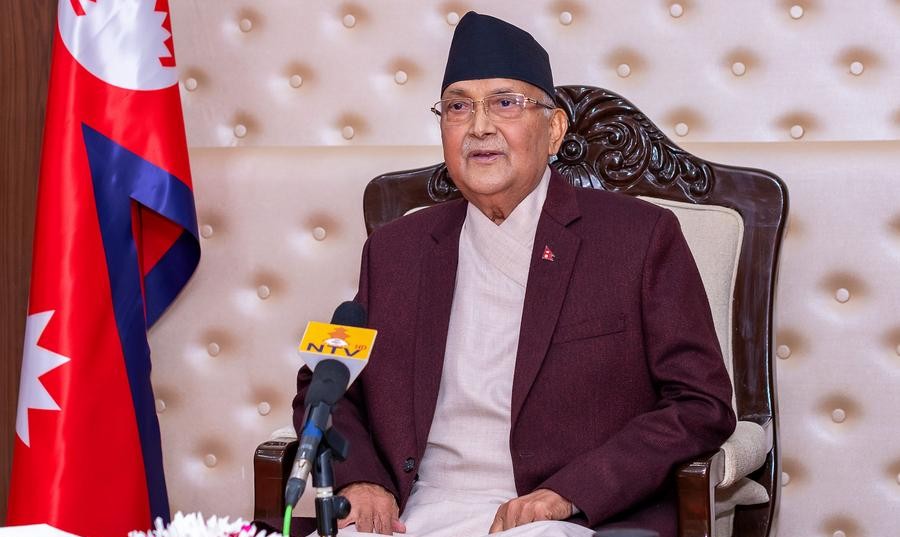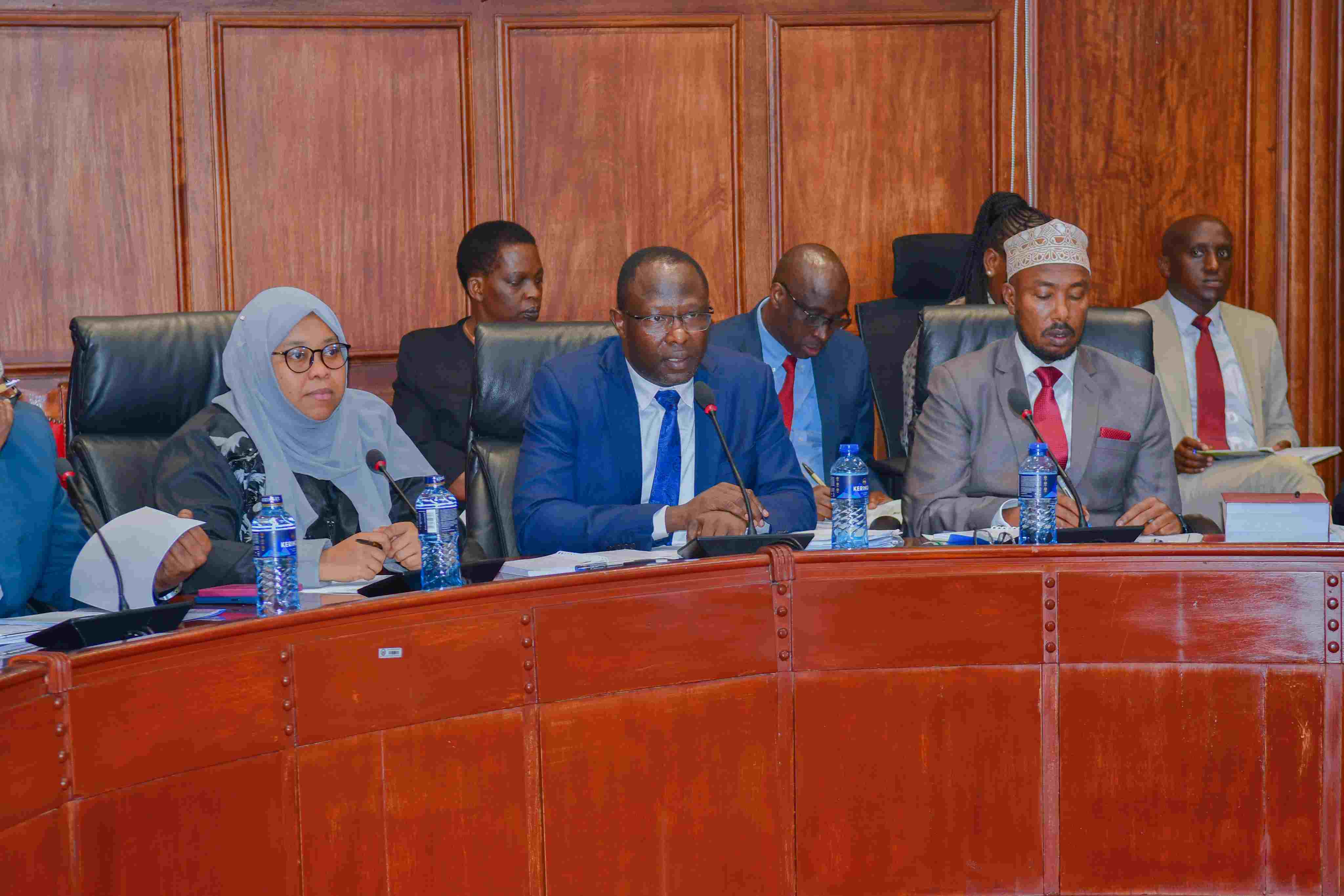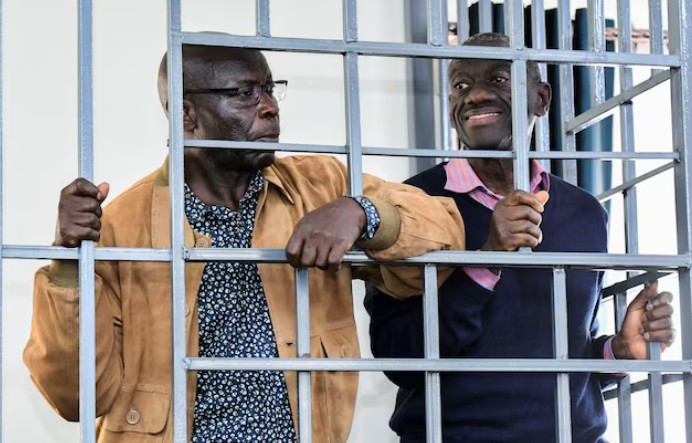Global marine experts convene in Mombasa to tackle overfishing, pollution, climate threats
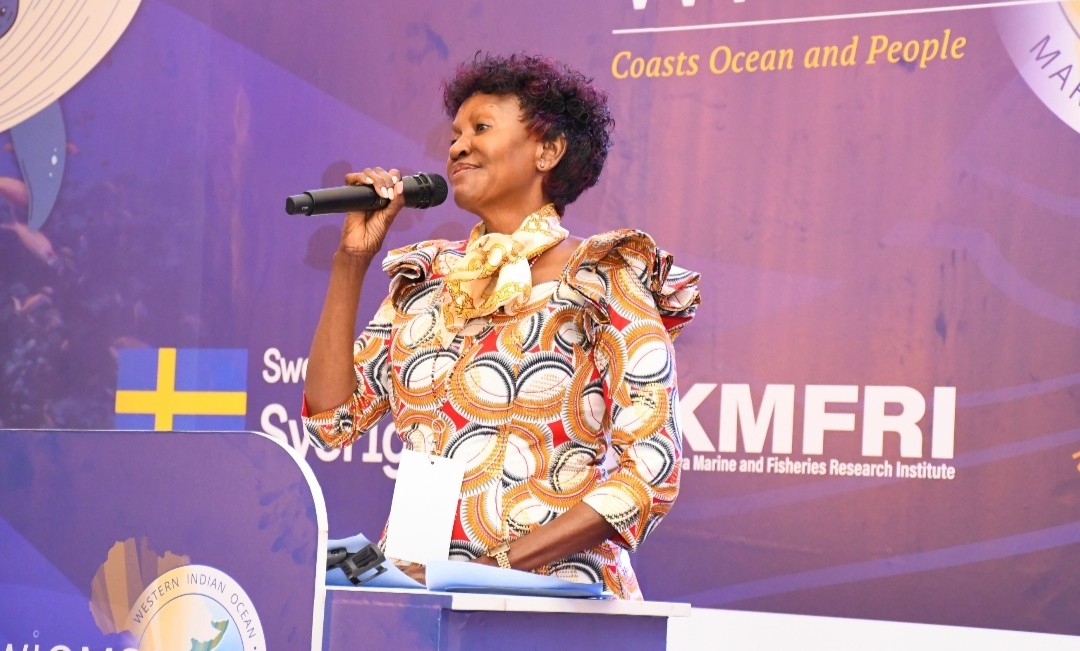
Experts warn that unless urgent action is taken, the region’s food security, economic growth, and biodiversity will face severe risks.
Kenya has called for stronger collaboration between scientists, policymakers, and local communities to protect marine ecosystems and harness the economic potential of the Blue Economy, as experts from across the globe convene in Mombasa for the 13th Western Indian Ocean Marine Science Association (WIOMSA) Scientific Symposium.
The five-day gathering, which opened at Pride Inn Paradise Resort on Monday, brings together hundreds of marine scientists, government officials, international agencies, and conservation groups to discuss solutions to mounting challenges facing the world’s oceans from overfishing and pollution to climate change and biodiversity loss.
More To Read
- Kenya, Tanzania step up push for region's first transboundary marine Ramsar site
- Over 600 air monitors deployed as Africa’s pollution fight gains ground
- Kenya leads Indian Ocean oil spill drill to boost regional marine emergency readiness
- Coast hoteliers urge tougher anti-pollution measures to protect marine life and boost tourism
- KWS launches tech-driven monitoring project to safeguard marine life at the Coast
- Community outreach programme aims to preserve Diani Beach's marine biodiversity
Speaking at the opening ceremony, Dr Wenwa Akinyi Odinga Oranga, Chair of the Board of Management at the Kenya Marine and Fisheries Research Institute (KMFRI), said the event offers a crucial platform to bridge the gap between research and decision-making.
“This symposium is not just an academic gathering, but a space where science meets policy, where evidence informs investment, and where partnerships shape solutions for the benefit of people and ecosystems,” she said.
The symposium, themed “Connecting People, Policy and Science”, comes at a time when coastal communities across the Western Indian Ocean are grappling with declining fish stocks, rising sea levels, saline intrusion, and degraded marine habitats.
Experts warn that unless urgent action is taken, the region’s food security, economic growth, and biodiversity will face severe risks.
Dr Oranga noted that KMFRI, which has led aquatic and marine research in Kenya for more than four decades, continues to develop science-based solutions to guide sustainable resource use.
The institute’s work ranges from pioneering climate-smart aquaculture and conducting hydroacoustic fisheries surveys to restoring mangroves and protecting coral reefs.
“The opportunities before us are immense. The Blue Economy can create jobs, strengthen food security, advance renewable energy, and boost climate resilience. But we must back our decisions with science and ensure that knowledge translates into action,” she added.
Kenya is co-hosting the biennial symposium for the third time after previous editions in 1997 and 2011, underscoring its growing role as a regional hub for ocean research and policy.
The event is organised in partnership with WIOMSA, the United Nations Environment Programme (UNEP) through the Nairobi Convention, UNESCO-IOC, and various universities, NGOs, and development agencies.
WIOMSA President Marie-May Jeremy praised the collaboration, saying it demonstrates the region’s shared commitment to strengthening marine science and shaping policies that protect fragile ocean ecosystems.
Participants are expected to explore strategies to accelerate marine conservation, build community resilience, and unlock new opportunities within the sustainable Blue Economy.
Top Stories Today
